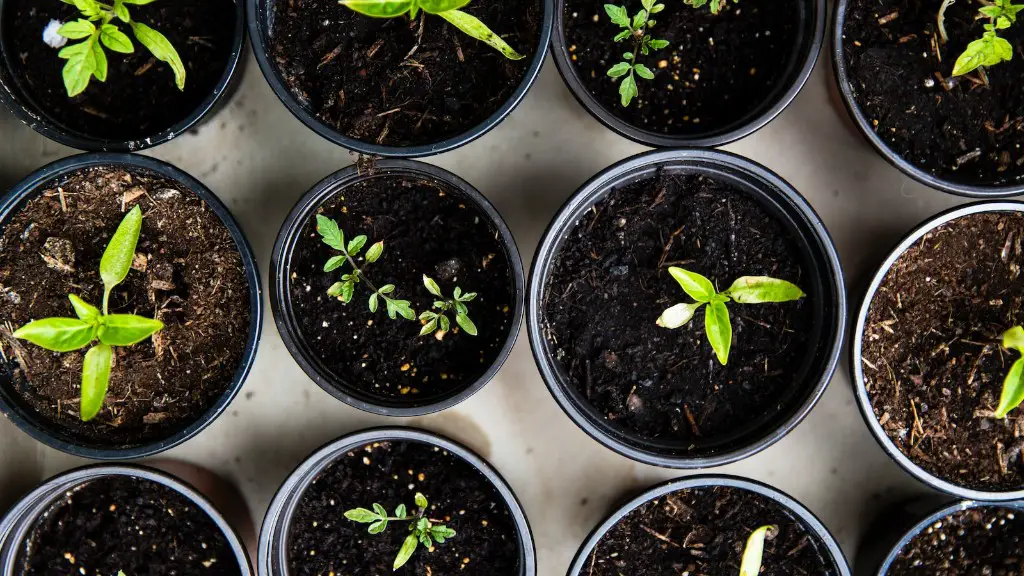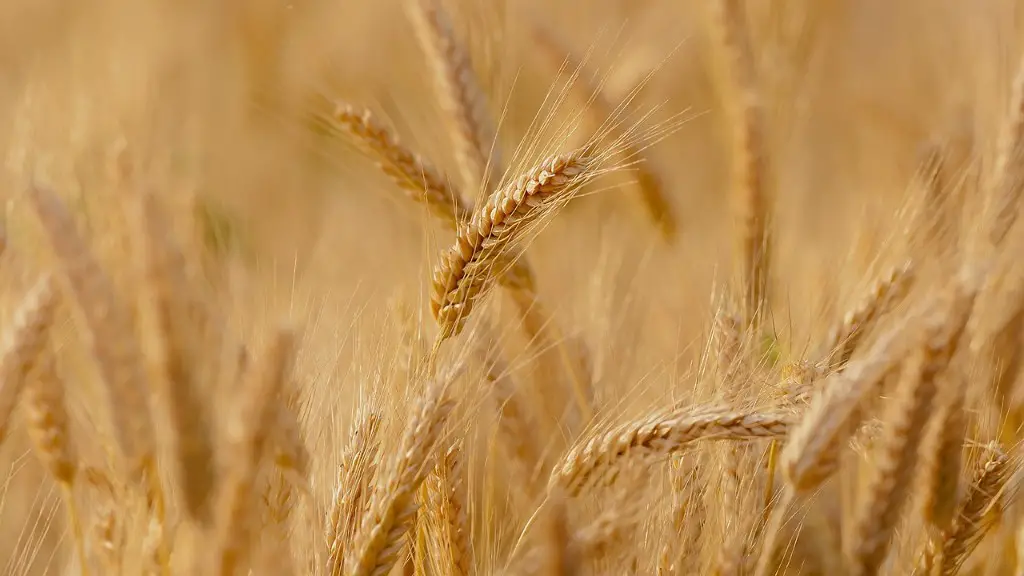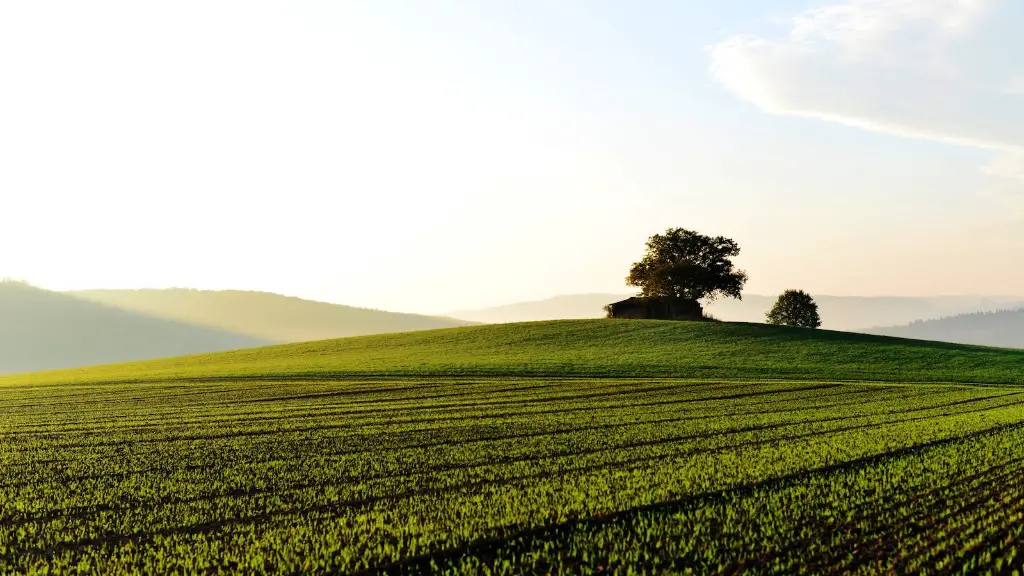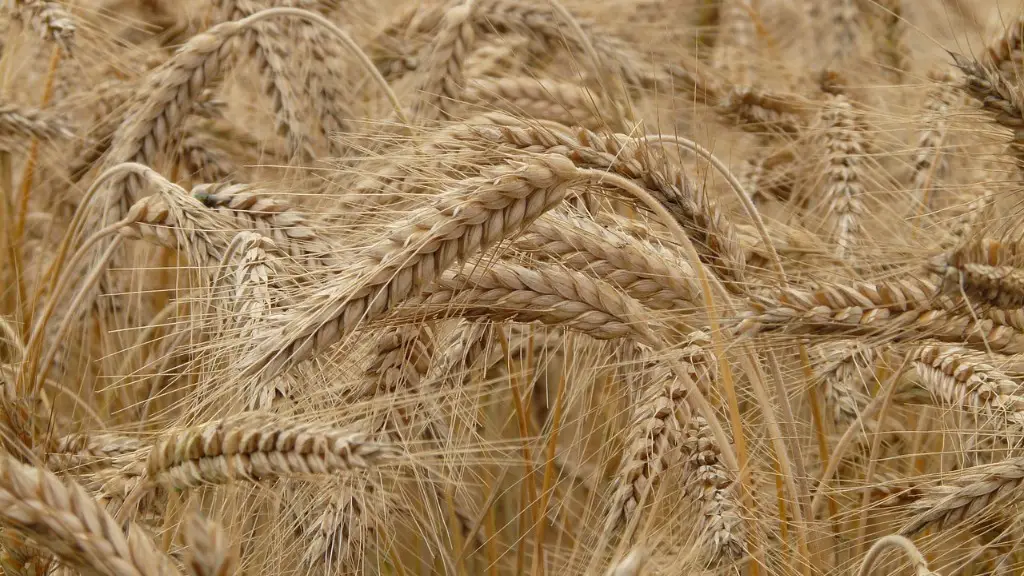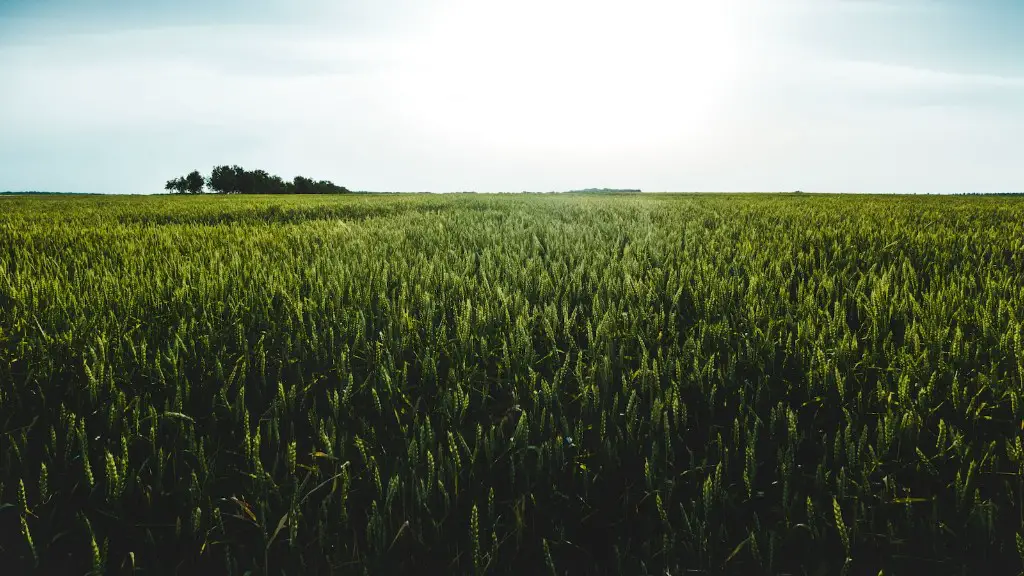The history of agriculture is a long and complicated one, but there are a few key moments that help to explain how it has changed human relationships. The first is the rise of settled life, which allowed for the domestication of plants and animals. This Neolithic Revolution led to the creation of permanent settlements and the rise of civilizations. The second key moment is the Industrial Revolution, which saw the development of new technologies that greatly increased agricultural productivity. This led to a massive increase in the world’s population, as well as the growth of cities and the rise of the middle class. The third key moment is the Green Revolution, which saw the development of new techniques and products that increased crop yields and helped to feed the world’s growing population. These three key moments have had a profound effect on human relationships, and have led to the development of the modern world as we know it.
The advent of agriculture led to a significant change in the way humans interact with one another and their surroundings. Agriculture allowed for the domestication of plants and animals, which led to the development of civilizations and the establishment of social hierarchies. Agriculture also allowed for the growth of cities and the rise of trade and commerce. The changing nature of human relationships dictated by agriculture has had a profound impact on the history of the world.
How did humans change when agriculture was introduced?
Today, agricultural communities are still an important part of human society, providing food and other resources for people around the world. Although the way we farm has changed significantly over the millennia, the basic principle of domesticating plants and animals to provide for our needs remains the same.
Farmers have an increased prevalence of many acute and chronic health conditions including cardiovascular and respiratory disease, arthritis, skin cancer, hearing loss, and amputations. Other health outcomes have been little studies in the agricultural workplace, such as stress and adverse reproductive outcomes.
The increased prevalence of these health conditions among farmers is likely due to the nature of their work, which exposes them to hazardous materials and conditions. In addition, farmers often work long hours and have little time for self-care, which can contribute to stress and other health problems.
To improve the health of farmers, it is important to address the hazardous conditions of their work environment and to provide them with more opportunities for self-care. In addition, more research is needed to better understand the health outcomes associated with farming, so that interventions can be tailored to meet the needs of this population.
How did agricultural revolution change human relations
The agricultural revolution had a significant impact on human societies. It has been linked to inequality, as people became more dependent on the land and resources became scarce. It has also been linked to a decline in nutrition and an increase in diseases contracted from domesticated animals.
More abundant food supplies could support denser populations, and farming tied people to their land Small settlements grew into towns, and towns grew into cities Agriculture produced enough food that people became free to pursue interests other than worrying about what they were going to eat that day. This allowed for the development of civilizations.
Why did agriculture change the life of early humans?
The beginning of farming allowed early humans to produce enough food that they no longer had to migrate to their food source. This meant they could build permanent structures, and develop villages, towns, and eventually even cities. Closely connected to the rise of settled societies was an increase in population.
Agriculture has changed human relationships in a few ways. It has made women more important because they can now spend their time doing other things, such as sewing clothes. Agriculture has also increased communication and advanced civilizations because they can grow their own food instead of having to move around.
Why is the agricultural revolution called the most important change in human history?
The domestication of plants and animals led to big changes for humankind. They now had a constant food supply, which allowed the population to grow at a faster rate. Nomads gave up their way of life and began living in settled communities.
The Agricultural Revolution was a huge turning point in human history, and laid the foundation for the modern world as we know it. The ability to cultivate our own food and stay in one place allowed us to develop our societies in terms of culture and technology, and made our lives much more manageable. This period of human history was truly revolutionary, and changed the course of our species forever.
What were 2 benefits of the agricultural revolution to human society
The Agricultural Revolution was a time of experimentation with new crops and new methods of crop rotation. These new farming techniques gave soil time to replenish nutrients, leading to stronger crops and better agricultural output. Advancements in irrigation and drainage further increased productivity.
There is no doubt that agriculture has had a positive impact on the human condition. Once our ancestors made the transition from foraging to farming in the Neolithic period, health and nutrition improved, longevity increased, and work load declined. Even today, agriculture is still responsible for the majority of the world’s food supply, and continues to play a vital role in the well-being of humanity.
How did agriculture affect human living conditions quizlet?
Agriculture has had a profound impact on human living circumstances. The domestication of plants and animals led to sedentism, or a settled lifestyle, and an increase in population density. This, in turn, created conditions that were conducive to the spread of infectious disease. The accumulation of waste and the increased transmission of microbes resulted in a higher incidence of disease. In addition, the crowding of people into small areas led to malnutrition and a decline in overall health.
The Agricultural Revolution was a period of significant agricultural development that occurred during the 18th and early 19th centuries. This period saw a dramatic increase in agricultural productivity and technological advancements that led to unprecedented population growth and new agricultural practices. These new developments triggered phenomena such as rural-to-urban migration, the development of a coherent and loosely regulated agricultural market, and the rise of the agrarian middle class.
Why is agriculture important to humans Short answer
Agriculture allowed people to produce surplus food. They could use this extra food when crops failed or trade it for other goods. Food surpluses allowed people to work at other tasks unrelated to farming. Agriculture kept formerly nomadic people near their fields and led to the development of permanent villages.
It is no surprise that agriculture is the leading source of pollution in many countries. After all, the use of pesticides, fertilizers and other toxic farm chemicals is rampant in many parts of the world. These chemicals can poison fresh water, marine ecosystems, air and soil. They also can remain in the environment for generations.
The best way to reduce agricultural pollution is to promote the use of organic farming methods. This means using natural methods to control pests and fertilize crops. It also means using more water-efficient irrigation techniques.
Was the development of agriculture good for humans?
The adoption of agriculture was a pivotal moment in human history. For the first time, people were able to produce more food than they could actually eat. The extra food provided by agriculture meant that some people did not have to spend their time gathering food. This allowed them to focus on other activities, such as building shelters, making tools, and creating art. The change from a hunting and gathering lifestyle to an agricultural one was a major turning point in human history.
The invention of agriculture was a major turning point in human history. For the first time, people began to domesticate plants and animals, settle in one place, and build complex societies. This transformation had a profound impact on the environment, as humans began to alter the landscape to suit their own needs. Over time, agriculture has become increasingly efficient, but it has also contributed to environmental problems such as deforestation, soil erosion, and water pollution.
Conclusion
Agriculture allowed for the domestication of plants and animals, which lead to sedentary living and the growth of civilizations. Agriculture also allowed for the division of labor, which lead to the rise of class distinctions and the emergence of cities.
The Agricultural Revolution was a period of rapid agricultural development that saw many innovations in farming techniques and tools. This period of agricultural change led to an increase in food production, which allowed for a growth in population. As the population increased, so did the number of people who were specialized in different occupations. This led to the rise of civilizations and the development of cities.
